ALM Releases Additive Manufacturing’s First Carbon Neutral Polymer Materials
The materials include PA 820 MF CN, a mineral-filled, bio-circular polyamide 11 material; and PA 802 CF CN, a carbon fiber-filled bio-circular polyamide 11, which is optimized for high performance and certified as carbon neutral.

The castor crop grown in India does not compete with food or result in deforestation. Photo Credit: EOS
Advanced Laser Materials (ALM), an EOS company and materials developer for industrial additive manufacturing (AM), has released what it says is the industry’s first carbon-neutral certified polymer materials line. The materials include PA 820 MF CN, a mineral-filled, bio-circular polyamide 11 material; and PA 802 CF CN, a carbon fiber-filled bio-circular polyamide 11, which is optimized for high performance and certified as carbon neutral. The polyamide 11 base material, produced by Arkema and then customized by ALM for AM, is another step in EOS’ commitment to responsible manufacturing and sustainability.
To certify its materials as carbon neutral, ALM conducted a full life cycle analysis (LCA) study of the material from sourcing to production to customer delivery in both the U.S. and Europe. The study was then certified by TÜV SÜD, according to the PAS2060 standard that sets the requirements for carbon neutral products. In addition, ALM took additional steps to further offset ancillary carbon generation, including installation of solar panels on ALM’s Texas headquarters and investing in gold standard carbon credits from a MyClimate solar project in Ethiopia.
“Many companies are trying to change their processes to become more sustainable. ALM is leading by changing our entire approach to a more sustainable manufacturing and introducing sustainability as more than a concept,” says Moritz Kugler, vice president, polymer materials at EOS. “Moving forward, we will also focus on new waste management, mobility and industrial innovation processes to reinvent the global supply chain.”
Developed in partnership with Arkema, the carbon neutral grades offer high impact resistance, the company says. The tightly controlled particle size distribution is said to create a smooth surface finish and excellent feature detail.
“Arkema is a pioneering innovator in advanced materials derived from sustainably sourced renewable castor beans grown in India,” says Adrien Lapeyre, global business director for Arkema’s high-performance polymers business.
The two ALM carbon neutral materials can be processed on most selective laser sintering (SLS) 3D printers, including the latest printers from EOS as well as all other SLS-based OEMs.
Related Content
-
Aircraft Ducts 3D Printed in Composite Instead of Metal: The Cool Parts Show #68
Eaton’s new reinforced PEKK, tailored to aircraft applications, provides a cheaper and faster way to make ducts compared to formed aluminum.
-
How to Build 10,000+ Shot Molds in Hours
Rapid tooling isn’t so rapid when it takes days to 3D print a metal mold, and then you still must machine it to reach the necessary tolerances. With Nexa3D’s polymer process you can print a mold in hours that is prototype or production ready and can last for more than 10,000 shots.
-
3D Printing with Plastic Pellets – What You Need to Know
A few 3D printers today are capable of working directly with resin pellets for feedstock. That brings extreme flexibility in material options, but also requires greater knowledge of how to best process any given resin. Here’s how FGF machine maker JuggerBot 3D addresses both the printing technology and the process know-how.

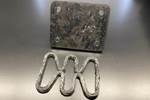
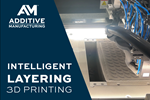






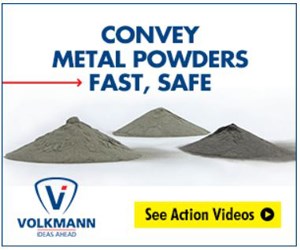

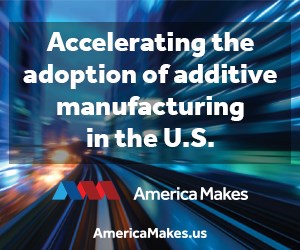
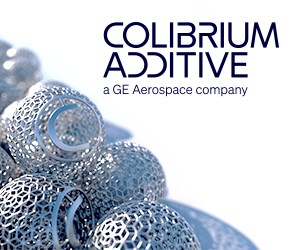
.png;maxWidth=300;quality=90)

